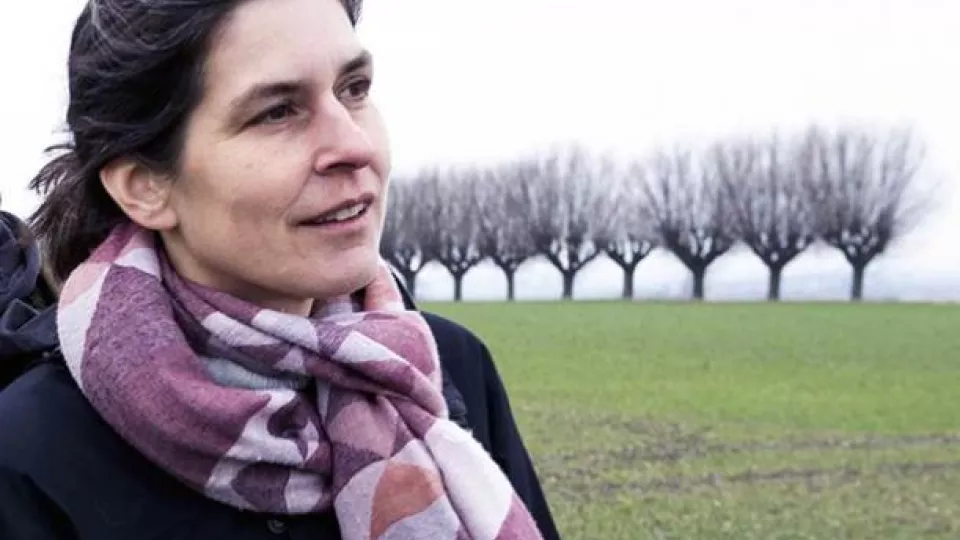Hi Cecilia! What kind of research will you be doing?
The purpose is to develop an approach to landscapes which can be used to highlight balances between sustainability goals and to find the best land use strategies from a sustainability perspective. This is a preliminary study where I, together with a group of researchers from, among others, Centre for Environmental and Climate Research and Swedish University of Agricultural Sciences, will lay the foundations for a long-term research program.
What do you mean by approaches to landscapes?
Landscape approaches mean that when planning, you take different ecosystem types into account, as well as how they are connected. Not, as is often done now, looking at one type of forest alone, then another type of forest alone, and agricultural land separately, when, for instance, evaluating effects on climate or land use on biodiversity or water quality. Biodiversity can often move across these borders, like water, so you need to look at the entire landscape together, which requires cooperation across institutional boundaries.
How will you go about in doing this?
We will begin to analyze previous attempts to implement and evaluate landscape approaches, nationally and internationally. After that we will, based on four different case study areas of different kinds in terms of ecological, geographic, legal and administrative aspects, design a concept for a landscape analysis platform. It can then be used for assessing synergies and conflicts in different land use strategies.
Why is this important to study?
The development of landscape approaches which work better than those used today will provide better conditions for developing land-use strategies which are climate-friendly, while contributing to the achievement of sustainability goals.


